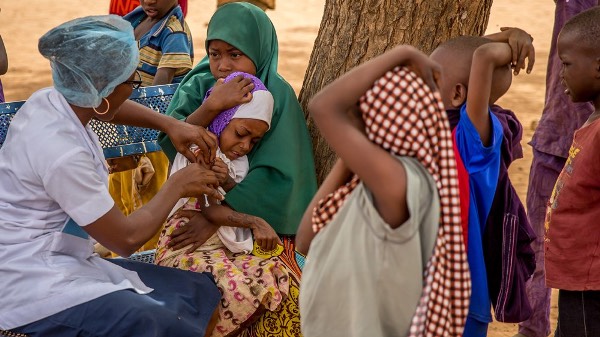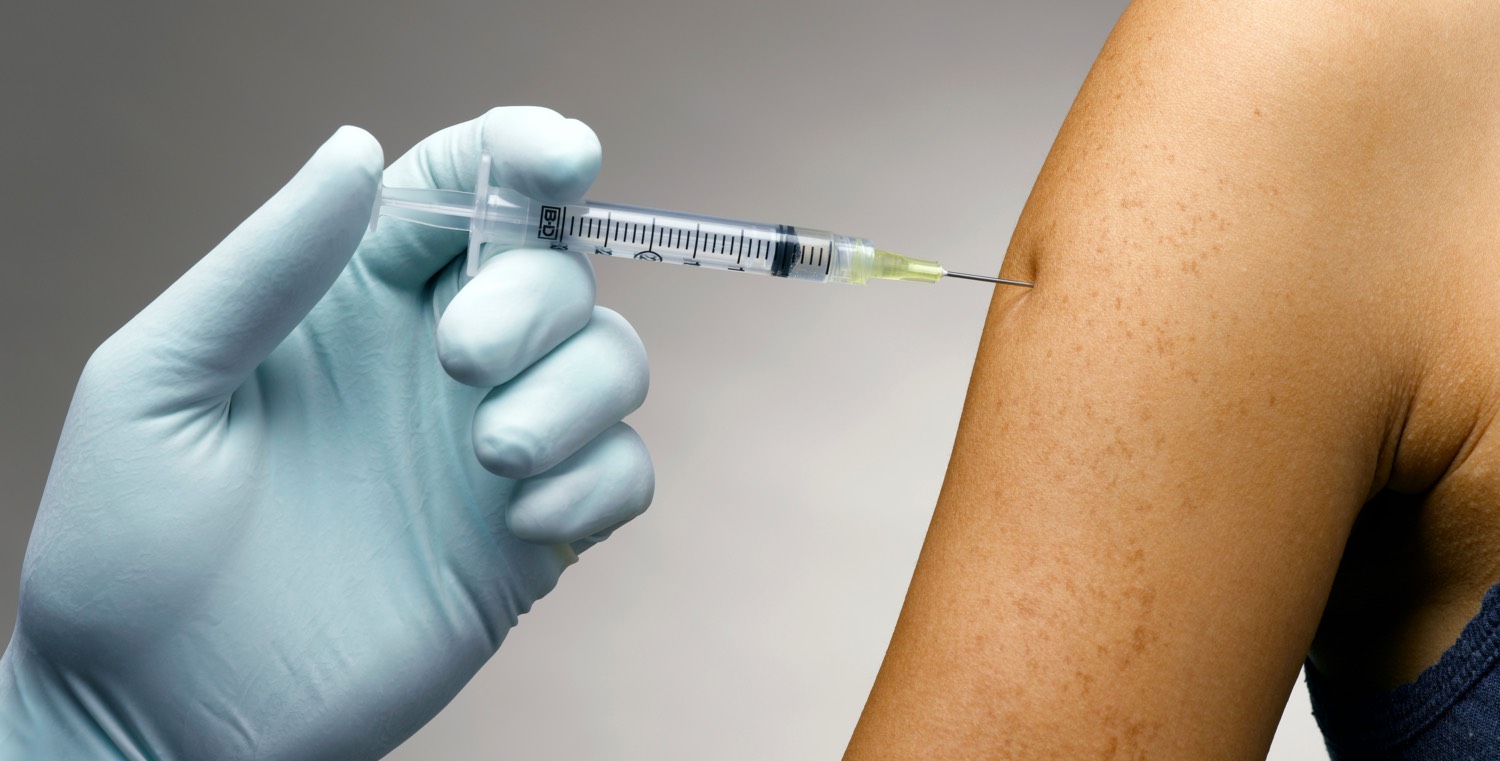Meningitis has affected 16 states in Nigeria and over 300 people have lost their lives to this outbreak which started in Zamfara, Northern Nigeria. Regrettably, the governor of the state believes that the disease is some kind of punishment from God for fornication.
It is, therefore, paramount for you to protect yourself and your family from this outbreak.
Here are some of these practices.

Wash your hands
This is the ultimate way you can protect yourself from any diseases including meningitis. After we tackled Ebola, some Nigerians have abandoned washing their hands and the use sanitizers. So, whenever you go to the toilet, you should never forget to wash your hands and sanitise it.
Be healthy
Protect your immune system by getting enough rest, exercising and eating a balanced diet containing a lot of fruits, and vegetables.
Practice good hygiene
If you share spoons, drinks, foods, and toothbrushes with your friend, you have to stop immediately. This is one of the ways to spread meningitis. This is much more important for children.
Cover your mouth and nose
When you cough or sneeze, ensure that you cover your mouth and nose.
Be conscious of what you eat If you are pregnant
Pregnant women are also susceptible to meningitis because they are carrying a baby. They should be conscious of what they eat and they should also take care of themselves. You do want to protect yourself and your baby.
Immunization
If you have babies or infants who are yet to be immunised, this is perhaps the best time for you to take them to the hospital to immunise them against infant diseases.
Signs and symptoms
Meningitis is an inflammation of the meninges. The meninges are the three membranes that cover the brain and spinal cord. Meningitis can occur when fluid surrounding the meninges becomes infected. The possible signs and symptoms of meningitis include Sudden high fever, stiff neck, severe headache that seems different than normal, headache with nausea or vomiting, confusion or difficulty concentrating, Seizures, sleepiness or difficulty waking, skin rash, sensitivity to light, and lack of appetite or thirst.







